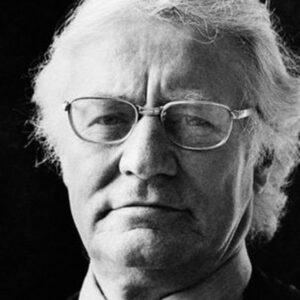A Son Facing East
Anthony Guilbert published his first book when he was 19 years old. His most recent book, Notes from the Drift, he published about a year ago. In episode 18 of The Path to Authenticity, you’ll hear the story of a writer whose life experience shows up on the page. Among his greatest influences is Kalhil Gibran. He’s read not only John Ciardi’s translation of the Divine Comedy, but six others. And, he began identifying as a Buddhist when he was 12. You can read all of this between the dense and beautiful lines of his work. Hear the host, Tom Gentry discuss all of this and more with writer, teacher, and mind/body advocate, Anthony Guilbert. Visit anthonyguilbert.net. or Amazon to purchase Notes from the Drift.
If you enjoy listening to The Path to Authenticity, please take the time to leave a review, a rating, or both on Apple Podcasts or wherever you listen. You can also like the podcast on Spotify. If you know someone who would enjoy a particular episode, please share it with them. Questions or comments? Call (561) 247-4757 to leave a message. We’d love to hear from you and value any feedback you might offer. Visit thepathtoauthenticity.com. Email us at thepathtoauthenticity@gmail.com. Find the show on Patreon. Like us on Facebook. Find the Sunday playlist on Spotify. Follow us on Instagram. The Path to Authenticity is powered by Equivox. For digital marketing and web design services, visit their website at equivox.com.
© Copyright 2020, Tom Gentry; Music: Buy a Guitar, The Bad Plants, and Guitar Lessons by Punk Rock Opera, all edited for use. Used with permission from the artist under a Creative Commons license.
The Path to Authenticity is a podcast for people looking for more from life. It focuses on emotional wellness and starts from the premise that our true power comes from our individuality. We talk to various types of writers and artists as well as therapists, coaches, teachers, entrepreneurs, and professionals of all kinds. Our guests possess one common trait. They’re people who know who they are. We talk about what makes them who they are, how they became who they are, and how we might become truer expressions of who we are.






